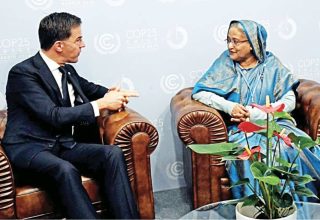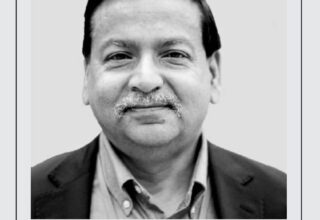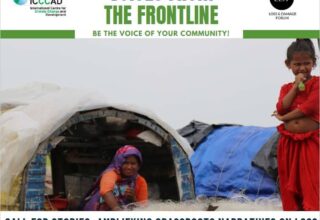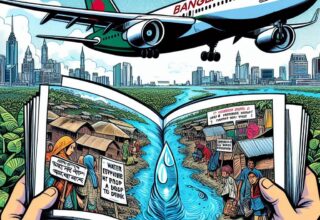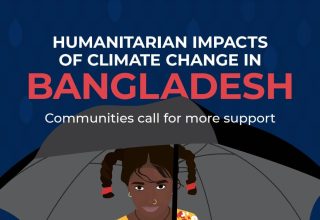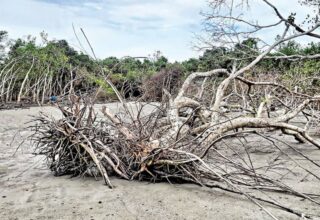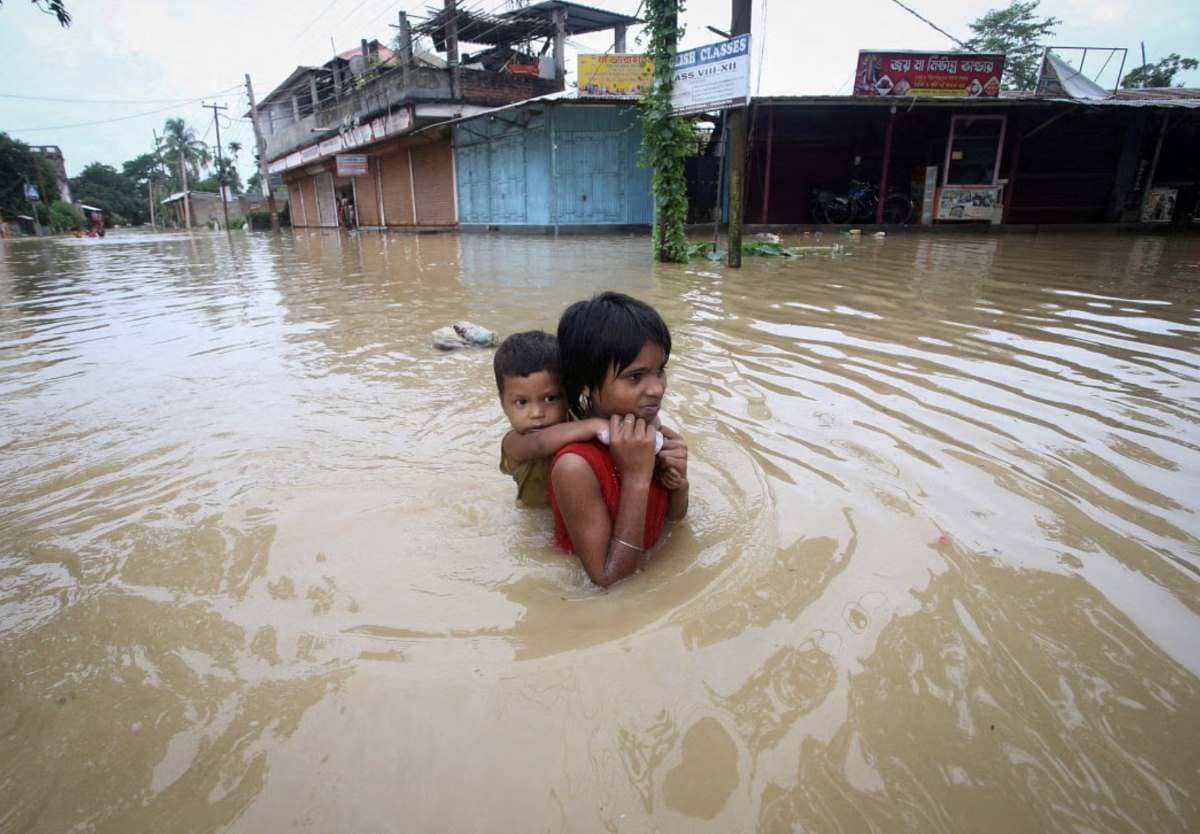
Back in 2015, three essential global agreements were adopted with targets set in 2030. We are at the halfway point of this time frame; if we review the current situation, the progress is not good.
The Paris Agreement on Climate Change was adopted at the 21st UN Climate Change Conference (COP21) in December 2015. Two main commitments were agreed upon: 1) keep global temperature below two degrees Celsius, and if possible, below 1.5 degrees Celsius; and 2) provide developing countries with $100 billion a year, starting from 2020, to tackle climate change impacts through mitigation and adaptation.
Unfortunately, with only seven years to go, neither of these commitments are on track to be fulfilled. Global temperature has already exceeded 1.2 degrees Celsius, and this is now clearly causing losses and damages. At the same time, the promise of $100 billion annual funding has failed to materialise even in 2023.
There will be a formal stocktake of the situation at the forthcoming COP28, to be held in Dubai in November this year, but it is already quite evident that progress has been very slow and needs to be accelerated significantly to reach the 2030 deadline.
Meanwhile, countries adopted the Sendai Agreement on Disaster Risk Reduction (DRR) in Sendai, Japan, to develop national disaster risk reduction strategies by 2030. This goal has made some progress in a number of countries, but unfortunately most nations are still lagging behind and will need to accelerate their activities considerably to achieve the target.
The third and perhaps most comprehensive and important agreement of 2015 was the Sustainable Development Goals (SDGs), adopted at the United Nations. This agreement is the successor to the Millennium Development Goals (MDGs), which were agreed upon back in 2000 and meant to be achieved by 2015.
Hence, it is imperative that in 2023, we go back to the drawing board and rethink how to improve our performance.
The first thing we need to acknowledge is that treating all these aspects separately, at both global and national levels, is counterproductive as they are all linked together.
The second thing we need to recognise is that even though all the targets are essential, we have to prioritise the most important ones and focus on achieving a few goals at least, rather than failing to achieve any of them.
In my view, the priority should be the nexus of development, climate change and disaster reduction, as addressing these is crucial for most developing countries.
Disaster risk reduction is primarily to do with hydro-meteorological events such as floods and cyclones, which will get worse with climate change. So, DRR and adaptation to climate change go together. At the same time, the risks of disasters related to climate change have the potential to set back development achievements.
In the case of Bangladesh, this means that different ministries and other stakeholders that have been working in isolation need to find ways to work together more effectively.
For example, DRR is under the Ministry of Disaster Management and Relief; climate change adaptation is under the Ministry of Environment, Forest and Climate Change; and development is under the purview of the Ministry of Finance and the Planning Commission. The civil society and the private sector also work in an isolated manner.
The good news, in the case of Bangladesh, is that we do not need to start from scratch, as we already have an SDG coordination body under the Prime Minister’s Office. It has excellently mapped jurisdictions for different ministries against each of the SDG. At the same time, civil society organisations have also been brought under the umbrella of each SDG, coordinated by the Centre for Policy Dialogue (CPD).
The next opportunity for us will be to build on this foundation and take it to the next level through the ninth Five-Year Plan, which is currently being prepared. Bangladesh is now in an excellent position to create a truly multidisciplinary and cross-cutting plan, using which we can effectively address development, climate change and disaster risk reduction.
Originally this article was published on September 20, 2023 at Daily Star. The author Prof. Saleemul Huq is the director of the International Centre for Climate Change and Development (ICCCAD) at the Independent University, Bangladesh (IUB).
Email: saleemul.huq@icccad.org

